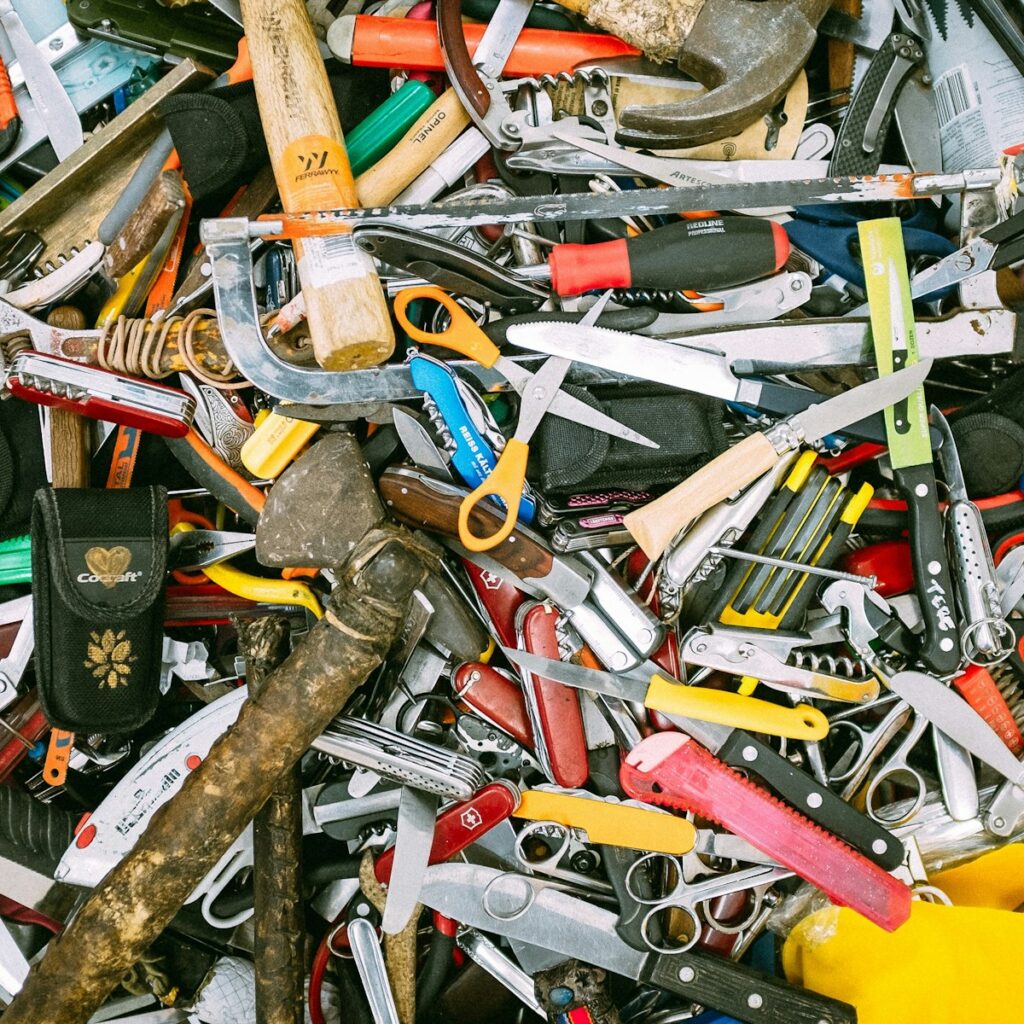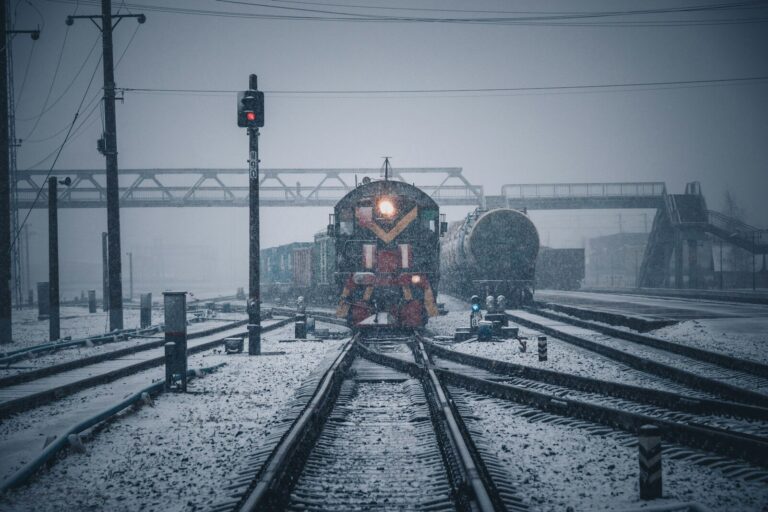
“Clutter is not just the stuff on your floor – it’s anything that stands between you and the life you want to be living.” Peter Walsh
The Sad truth: Nobody wants your stuff, unless it has value. So far, I have not met anyone who is giving away pieces of gold or Picasso’s. I have been in many people’s homes over the years. The average home has a lot of ‘Stuff & Things’. Unknown if the items have any value or not is not so important.
Letting go of possessions means confronting the past and it’s not easy, every item has a story, a memory, a piece of your life. You are reluctant to part with things, decluttering is not just about removing things. It’s all the emotions that are tied to the item. For seniors it is the realization of limited time, a knick-knack, piece of clothing, a gift, it’s not a thing, it represents a moment in time, and the feelings the object brings to him or her is still present. So giving that object away feels like you are losing part of yourself, the life that is mirrored in an object, deleting your history. Keeping the object does not preserve the memory, it traps you out of fear or guilt that you are not placing an importance on your past. Your refusal to move forward does not mean forgetting your memories, it’s accepting the past has developed you to accept that you do not need objects to remind you of who you are. Most people are challenged to accept what letting go really means, it means you acknowledge that chapters have closed and certain people are no longer in your life. Those dreams have been fulfilled or abandoned. This is hard for all of us. A necessary step that will allow a release, so you can move to the next step without the weight of all the ‘Stuff & Things’ that you had before decluttering. This is an emotional state, it forces you to ask difficult questions of why am I holding on to this?
Am I keeping this because of a need or because you are afraid to let go? Once you start answering this, you realize your life is not in the things you own, it’s the experiences, the knowledge gained and the impact that you made to others. Letting go of ‘Stuff & Things’ is not about forgetting, it’s about making room for what matters. Your attachment to ‘Stuff & Things’ is deeper than you realize, it’s not about the item, it’s what they represent. It’s not about the item’s usefulness, neither sentimental or valuable. It’s the fact that many possessions are tied to emotions that we unconsciously give to every object. The objects, the papers, the clothes, our furniture, your home are all reminders of younger times. That is the reason why it’s so difficult, it forces you to accept these emotions and you have to ask yourself if you are ready to be part of your life that the object represents. This is why downsizing is one of the hardest things to do. (Beside public speaking) It’s not the action of taking something to the trash, or listing it for sale, or the trip to the donation center, it’s all the emotional weight the object represents.
There are items which are worth keeping, ones that bring you enjoyment, fosters love or serves you in a useful manner. But many items become anchors that burden instead of a treasure, they take up space, create undue stress and prevent enjoyment of living in the present. Letting go of ‘Stuff & Things’ does not mean that you are erasing your past, it means that your memories live within you, not in the things you own. So decluttering is not about loss and more about making space for the life you have now. Your life is not measured by what you keep, it’s measured by the experiences, continuing to grow and learn. Decluttering forces you to face your mortality, which a lot of people avoid because it’s uncomfortable to acknowledge that life has a finite timeline. We like to think that our time on earth is endless. Waking up tomorrow is guaranteed and everything we own will always have a place. Decades of ‘Stuff & Things’ forces us to accept the realization that one day we won’t be here. And the ‘Stuff & Things’ that were held on for dear life are left behind are given away or thrown away. This is not an easy truth to accept, which is why so many people avoid decluttering. They say that they will do it another day, and the task is pushed further away.
The hardest part of decluttering is accepting that some of the items you kept for someday never happened. The book to read, the clothes you planned to wear, the projects you wanted to start. Whatever your ‘Stuff & Things’ that you have to go through, each item forces you to ask yourself, “Did I make the most of my time”? Accepting that we do not have much time can also be very freeing to one’s mind. It stops you from living in the past and starts focusing on the future and what really matters. Decluttering is seen not as getting rid or losing ‘Stuff & Things’, but what remains has meaning and reflects who you are today and not someone who used to be. It is also a Thank you to your executor or the person(s) who has to go through all the stuff, not knowing the history of the items. The burden of sorting through a lifetime of “Stuff & Things”. Trying to guess what was important or valuable. This is why many families after going through all the ‘Stuff & Things’ and removing what they want, throw everything else in the garbage. By starting the decluttering yourself you are in control of making the decision yourself, that what you leave behind is intentional instead of a large pile of ‘Stuff & Things’.
As appraisers, we have been called to large estates or families who have been tasked with a household and more, of “Stuff & Things. They wanted walk-throughs & examinations to see if there was anything of high value. In these cases we have found items of very high value. In others we found large amounts of ‘Stuff & Things’ but of no great value. Every case is different, and where we find that it would not be in the interest of the client to engage our services, we tell them directly.
Disclaimer #1:This article’s goal is to inform and give basic information. The reader should seek the services of qualified professionals such as Lawyers, Notaries, Accountants for their situation. No advice is given or implied in this article. Due diligence is the responsibility of the person seeking professional help for their situation.
Disclaimer #2:We do not buy or sell, or engage in any financial transaction regarding personal property.
Next Article: Division of Personal Property in a Divorce
About the Author
John H. Grow, ISA-AM, is a partner in the appraisal firm Prestige Evaluation Inc. The firm specializes in antiquities, watches, clocks, jewelry, fine art, and collectibles in general. John works with clients worldwide, museums, corporations, foundations, financial / Insurance firms, and government agencies. He regularly appears on radio and television shows and charity appraisal fairs. A long-time member of the International Society of Appraisers. (ISA) & Canadian Chapter of the ISA.
https://www.isa-appraisers.ca/
appraiser/john-grow/
Prestige Evaluation Inc. can be found at http://prestigeevaluations.com
and the email is [email protected]









